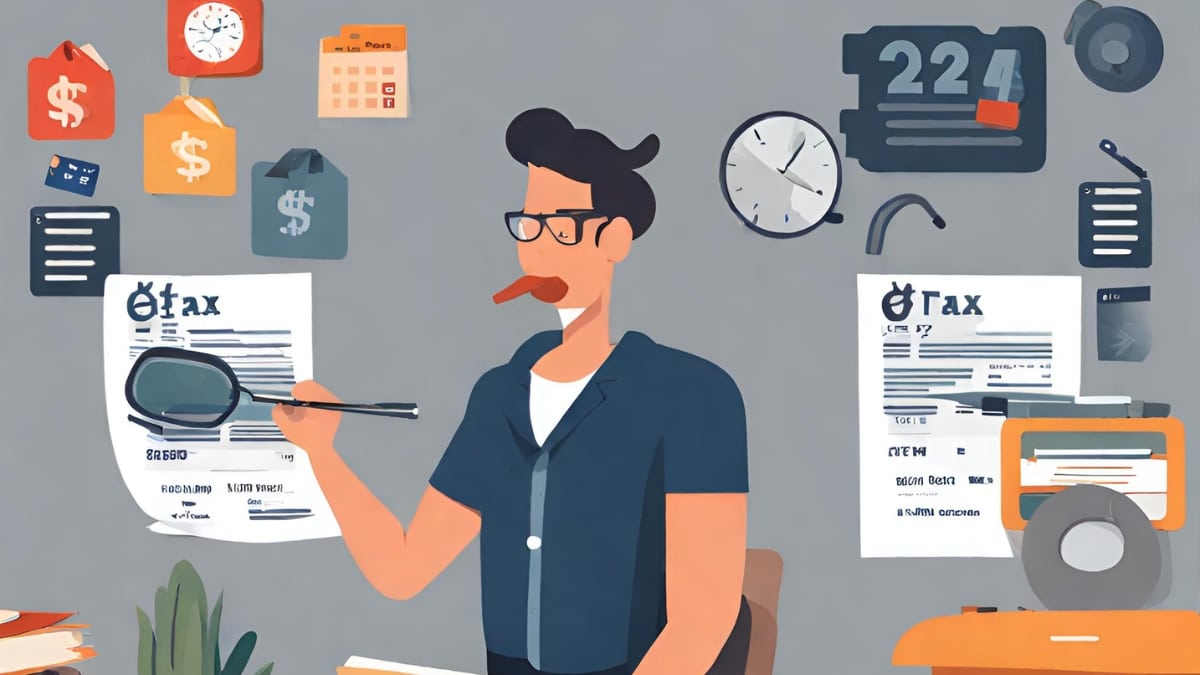As 2023 comes to a close, it’s time to start thinking about taxes and how you can maximize your deductions and minimize your liabilities. Here are some tax tips to help you close out the year on a financially sound note.
- Review your tax withholdings: Take a look at your current withholding status to ensure that you’re having the right amount withheld from your paychecks. If you had major life changes, such as getting married or having a child, you may need to adjust your allowances to avoid any surprises when tax season arrives.
- Maximize retirement contributions: If you haven’t already, consider maxing out your contributions to retirement accounts such as IRAs or 401(k)s. Not only will this help grow your nest egg for the future, but it will also reduce your taxable income for the current year.
- Contribute to a health savings account (HSA): If you have a high-deductible health plan, contribute to an HSA before the year ends. HSA contributions are tax-deductible, and the funds can be used tax-free for qualifying medical expenses.
- Review investment portfolios: Take a moment to review your investment portfolio and consider selling any underperforming stocks or assets. Capital losses can offset capital gains and potentially lower your tax liability.
- Take advantage of tax credits: Research and identify any tax credits you may be eligible for. Common tax credits include the Earned Income Tax Credit (EITC), Child Tax Credit, or Education Tax Credit. Make sure you meet the requirements and gather the necessary documentation to claim these credits.
- Make charitable contributions: Donate to qualified charitable organizations before the end of the year. Not only will you be supporting a good cause, but you can also deduct your charitable contributions if you itemize deductions on your tax return.
- Keep track of deductible expenses: If you plan to itemize deductions, keep records of eligible expenses such as mortgage interest, property taxes, medical expenses, and business-related expenses. These can significantly reduce your overall tax liability.
- Consider tax-efficient investments: When making investment decisions, consider tax-efficient strategies. For example, investing in tax-exempt municipal bonds can provide income that is free from federal and sometimes state taxes.
- Plan for estimated tax payments: If you’re self-employed or receive income that isn’t subject to withholding, make sure you plan for and make any necessary estimated tax payments. Failure to do so may result in penalties and interest.
- Consult with a tax professional: If you have complex financial situations or are unsure about certain tax strategies, consult with a tax professional. They can provide personalized advice tailored to your specific circumstances and help you maximize deductions while staying compliant with tax laws.
Remember, these tips are general guidelines, and everyone’s tax situation is unique. It’s always a good idea to seek professional advice or reference the IRS website for the most up-to-date information. By taking proactive steps now, you can set yourself up for a smoother tax season and potentially save money on your 2023 tax bill.




